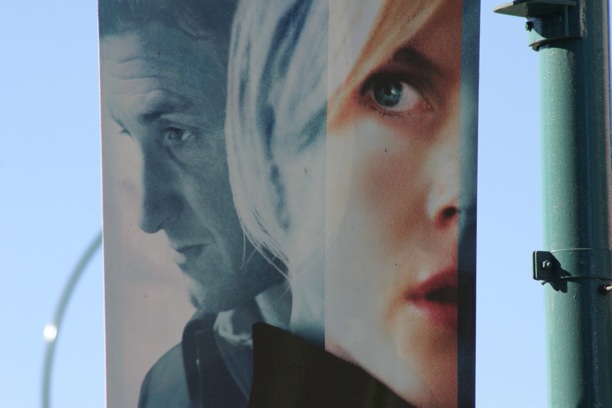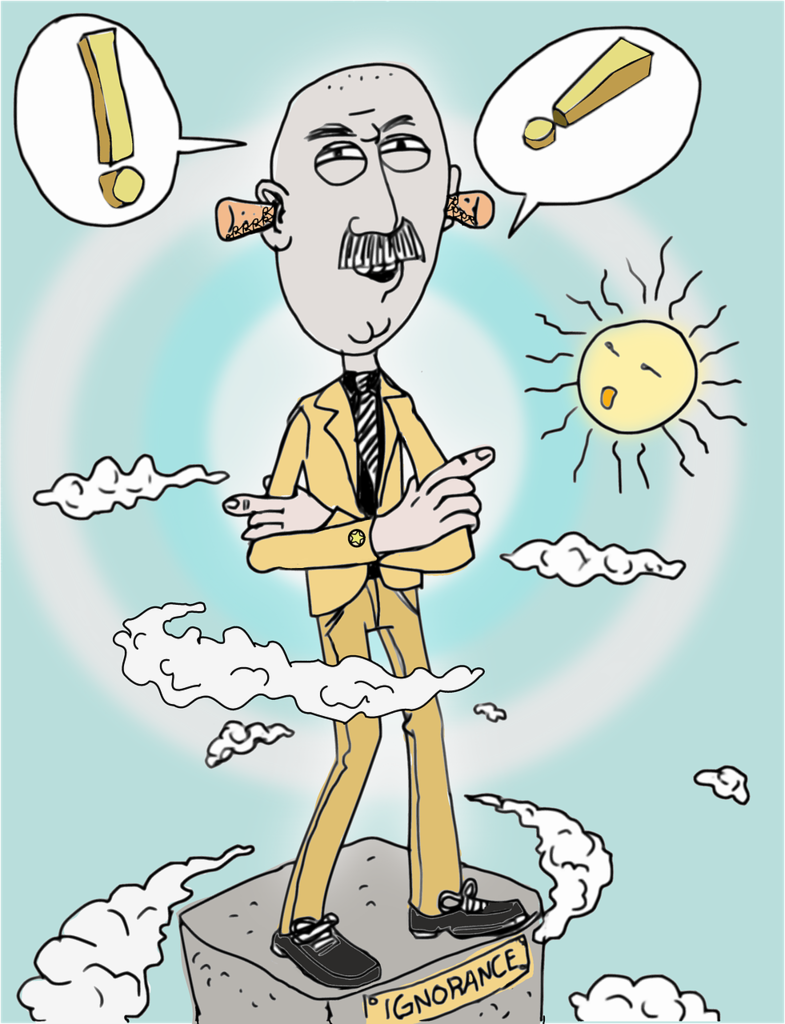A translator/interpreter acts as a bridge of communication on a global scale. Arguably one of the most important jobs in today’s society, without proper translation it would be impossible for people around the world to interact with each other. However, despite the importance of translation, the media seems to overlook some imperative aspects of the job. In this complete rundown, we will show you the worst and best stereotypes showcased in the media.
Argomenti
Most of the Time Translation Isn’t Life or Death

A common thread amongst translators and interpreters in television and in films are the life or death situations looming over their heads. For instance, movies like The Interpreter or Audrey Hepburn’s Charade revolve around translators for the UN saving the world or discovering the cause of a mysterious death. While they make for fun movie plots, it is very unlikely that a translator would find themselves in the midst of such a fast-paced and deadly situation, even ones working for the UN.
It Isn’t as Easy as It Looks
One thing that the media seems to get right is how hard being a translator or interpreter is. When a character is placed in a situation where they must translate for a client or friend, they find that it is not as easy as they thought. Perfectly enraptured in the Catherine Tate Show, the main actress (Catherine Tate) hilariously has to navigate speaking seven different languages to seven different people to impress her boss. While most translation blunders are not quite as funny, one can appreciate the
Translators are Professional at All Times!

Translators uphold a certain standard of professionalism at all times, in order to accurately interpret different languages. Never, would a proper translator enforce their own opinions or biases while translating! But in so many different films they are seen doing just
Translation is a Bridge of Communication
Something else, that most films and TV series seem to get right is how meaningful being a translator can be. It doesn’t matter if you’re working for the UN or just a freelancer interpreting documents from home, you’re making a difference in some aspect. You are helping two different worlds come together in some way. This is a theme featured in Chuck Norris vs Communism. A wonderful film centered around a young female translator who illegally translates and bootlegs films from the U.S. to show Romanians what life is like beyond the iron curtain. Based on true events, this film highlights the importance of translation in even the smallest of acts.
Being Bilingual Doesn’t Make You a Translator

A common misunderstanding amongst regular people is that any old bilingual person can get a job as a translator. This is, of course, false. No matter how many different television shows or movies where you see someone who spoke an A level Italian or Spanish during a semester abroad, who somehow translates for their company or for their friends in high-stress situations, it’s not true. Being a translator takes a certain amount of training. It doesn’t just involve doing the bare minimum but also understanding undertones, sarcasm/humour, and cultural differences. Something that isn’t synonymous with being bilingual.
Know any other translation faux pas in the media? Let us know!
Andrea Spila è traduttore e web writer. Prima di laurearsi in filosofia e di ottenere un dottorato in pedagogia sperimentale, ha insegnato l’inglese nelle scuole materne ed elementari. Ha lavorato anche come interprete, in particolare per scrittori e artisti, tra i quali spiccano Rebecca Solnit e Ken Loach. Nel 1999 ha fondato Traduttori per la Pace, un’associazione di volontari che offrono le proprie competenze alle organizzazioni della società civile impegnate nella difesa dei diritti umani e dell’ambiente.
Oltre a scrivere, Andrea ama cantare, arrampicare e andare in canoa.

